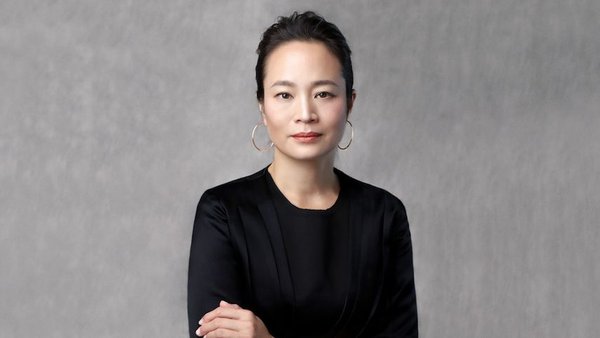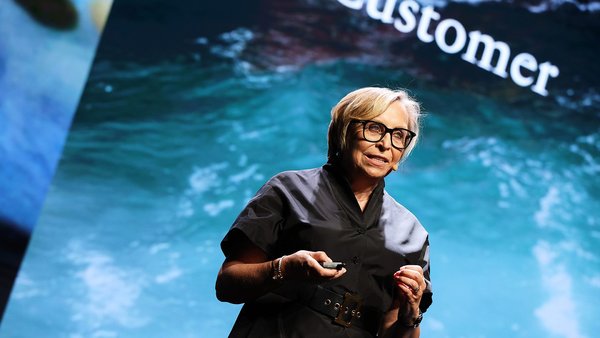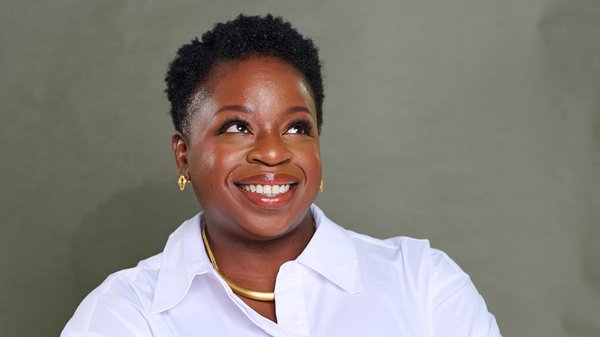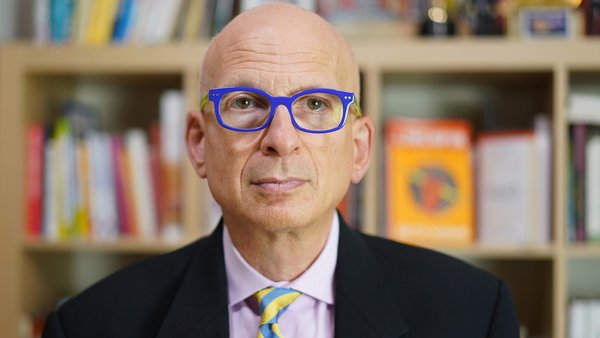Cannes Lions Creative Data jury president Yasuharu Sasaki: ‘AI is not an idea’ /
Creative Data jury president and Dentsu's head of digital creative, Yasuharu Sasaki, offers an insight into the Creative Data category at Cannes 2019
Phoebe O’Connell
/
Go Back to Africa, a campaign devised by FCB/SIX Toronto for travel company Black & Abroad, won this year's Creative Data Grand Prix. Go Back to Africa aimed to reframe the way travellers think about the continent. It hijacked the racist refrain 'go back to Africa' by isolating abusive social media with the phrase and then juxtaposing them with beautiful imagery of African countries.
Contagious spoke to Creative Data jury president Yasuharu Sasaki, to find out more about the value of working with data in creative ways.
Could you tell us a bit about the category and how it has changed since it was introduced?
This category is still developing. A few years ago this category was just beautifully visualised existing data, or targeting using data, so still part of advertising activities. Now it goes beyond advertising. With data, together with creativity, brands are trying to create long term relationships with users.
You said your criteria this year were for work that was 'transformative', had 'commercial and emotional value' and promoted 'forward-thinking ethics'. How did you decide on that criteria?
Before starting the judging, we had an hour-long discussion about the industry and we spoke a lot about the entries and recent trends and also spoke about [what data means] for clients, users and creatives. To the client, data represents commercial and emotional value; to the user, it’s ethics; and to creatives, it’s a transformative, impactful idea. We had a discussion, wrote down some important topics and worked together like a workshop and finally came up with these three important topics.

Yasuharu Sasaki, Creative Data jury president
Was it an easy decision to award the Grand Prix or was everybody split?
We were split, 5 to 5. The other contender was Volvo’s E.V.A., which won in the Creative Strategy category and was an important data case that used data for creating a better future by sharing driving safety data. Go Back to Africa is much more personal, much more linked to culture, and it’s difficult to compare them, they’re very different.
What did Go Back to Africa have that the other entries didn’t?
The cultural and ethical elements. There are so many hate messages now and if ideas can change that, that’s very innovative. If ideas with data can help change people’s feelings or block people who send hate messages, then that’s a good message to the industry. It utilised tweets, not special data. Sometimes getting data is very expensive or difficult but they utilised normal data which exists anywhere and changed the inexpensive data into a strong case. The Go Back to Africa case collected pictures from Instagram or Facebook using AI to find good images of Africa and African people, analysing the situation of the picture and added a tagline over the visual and added it to their website. More than 50% of entries used ‘special AI’ or Google AI, but just using AI is not enough, it’s just technology, it needs a strong insight and idea.
How does this win for Go Back to Africa push the category forward? What does it represent?
The important thing is changing perceptions of the use of data. People think of data in a negative way. With Go Back to Africa, people can think about using data in a positive way. It could be a catalyst for a change in attitudes towards the use of our data.
Yasuharu Sasaki, Creative Data jury president
What’s your advice for next year’s entrants? What will make them stand out?
I believe we could see much more strong impactful ideas using data - it’s just the beginning. Creative people have just started to use data, and there are some unique cases like the Grand Prix, but I think we can invent more new ways to use data. Data is not just a record of the past, of people’s activity. Data is alive, it’s always being produced and will continue to be in the future, so if we can come up with a great idea to drive a better future then that would be great. I want people to think about the future of data, not just the past.
What mistakes did people make?
People think AI is perfect, the answer to everything, but it’s just not so. Using AI is not an idea, and using AI in a bad way creates bad solutions [...] We need strong ideas, insights and vision for the future.
What’s your general perception of the health of the industry at the moment?
As a creative there is a huge opportunity now, not only on screen or in print ads, but we can come up with a great experience using anything – data, or digital, or mobile, or experience. So it’s a very interesting time for us as creatives. The industry doesn’t think like that. Media is getting smaller, budgets are smaller, they are thinking about the end of the advertising industry, but I don’t see that, I’m hopeful. If creatives can find different ways to use data and digital, it is a positive thing, a new field for creatives to think about new solutions.
Are there any interesting trends you’ve seen this year?
The entries from Japan were not good this year. I was thinking about the difference between Japanese entries and other winning entries, and I think that Japanese entries lack purpose, purpose is the key word. If you can find a good purpose for brands and people, the solution will be stronger. Some entries, especially from Asia, lack that purpose, maybe because people are short-sighted, not thinking about how to engage with brands in the world or just want to find solutions to sell more and promote the brand, so are thinking about it in a small way.
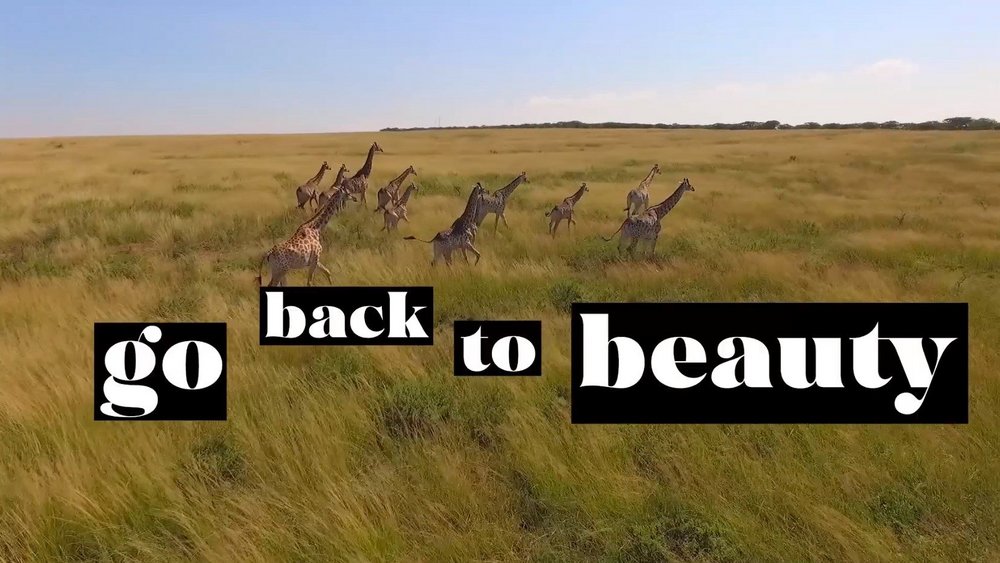
If you'd like us to bring the best work, key trends and brightest ideas from Cannes Lions to your office for your team or as part of a client event, book our Cannes Deconstructed briefing. Based on behind-the-scenes access to jury presidents, press conferences and the teams behind the Grands Prix-winning work, Cannes Deconstructed delivers a week’s worth of Cannes in one, insight-packed hour. To find out more or book a Contagious Cannes Deconstructed briefing, click here.
Want more of the same? /
We don’t just write about best-in-class campaigns, interviews and trends. Our Members also receive access to briefings, online training, webinars, live events and much more.
